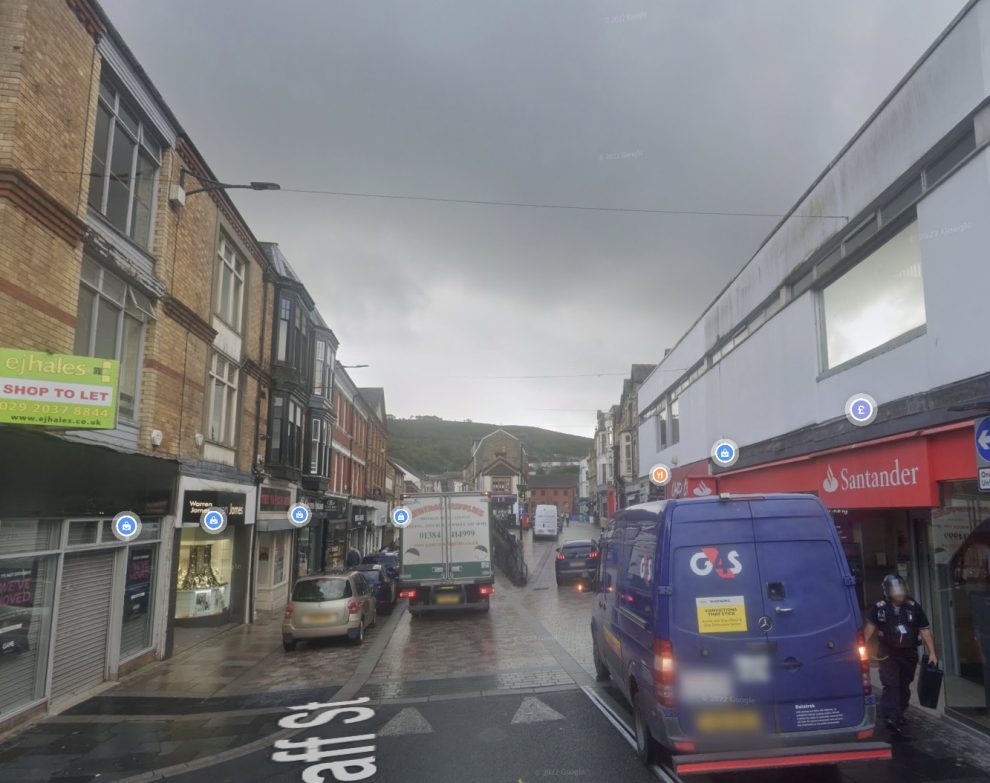PLANS to extend a street trading licensing scheme in Pontypridd to areas across Rhondda Cynon Taf have been taken to the next stage after concerns were raised about mobile food vendors.
At a meeting on Tuesday, January 30, members of the council’s licensing committee accepted the proposals of the draft report to extend existing street trading “consent” provisions in Pontypridd town centre to all areas across RCT, but to keep the “prohibited” streets ones in Treorchy and Porth.
A prohibited street is where all street trading is not allowed and a consent street is where it is prohibited without the consent of the council.
The recommendations were made following concerns about mobile food vendors trading in the borough and the council will now publish a draft resolution allowing consultation with the trade on the proposal.
In December 2009, the council brought in street trading provisions in Pontypridd town centre. This was extended in 2011 with the introduction of prohibition zones for the control of street trading within a 500m radius of Porth County Community School and Treorchy Comprehensive School.
The scheme was first implemented following complaints of unregistered food traders, poor food hygiene practices, litter, and odour nuisances in Pontypridd.
The extension of provisions to areas around schools were introduced following concerns raised by the police regarding street traders obstructing pavements and causing traffic hazards.
Headteachers also raised concerns that vendors were offering high fat, low nutritional value foods that undermined the authority’s efforts to improve the diets of young people.
In 2007, all options were considered, and it was decided the most flexible and appropriate permission was that of consent streets and it was judged that although there was no right of appeal against a refusal to grant, renew or revoke such consent, it was deemed good practice and human rights compliant that it should be made available.
The street trading provisions are not limited to food vendors, they also apply to other types of street trading activities. There is also a list of exempt activities.
At the time the committee report for the January 30 meeting was written, RCT had 88 registered mobile food traders. The extension of the existing provisions may not apply to all of these businesses due to them trading outside of the borough or the frequency of trading i.e. only trading for events.
There are currently no businesses trading that require a consent to trade, the report said.
A review of the existing conditions will look to improve the standard of the existing food businesses and it is proposed that those businesses with a food hygiene rating of three, (satisfactory or above), can apply for a consent to trade.
The extension across the borough will provide the local authority with a “flexible system which will include those traders from outside the borough and those who trade infrequently”.
The extension of the scheme does not affect the street furniture scheme that exists in Aberdare and Pontypridd town centres.
There is a fee linked to the process of the consent to trade that covers the administration process but they are not statutory and are subject to the annual increase as per the council policy in relation to fees and charges.
The licensing committee report said that the extension of existing provisions will “provide a level regulatory regime for all mobile traders and will assist local authority officers in compliance to improve overall standards, providing added confidence to the residents of Rhondda Cynon Taf County Borough Council”.



















